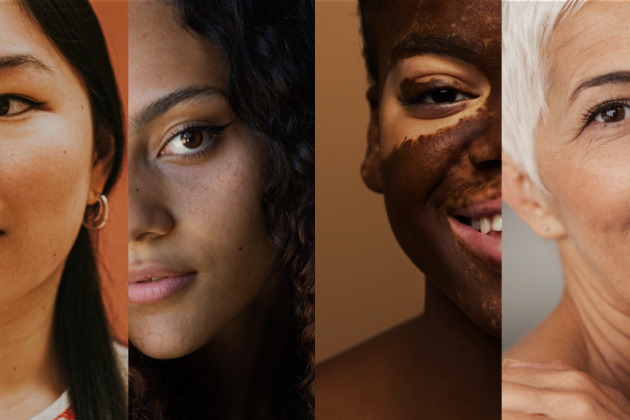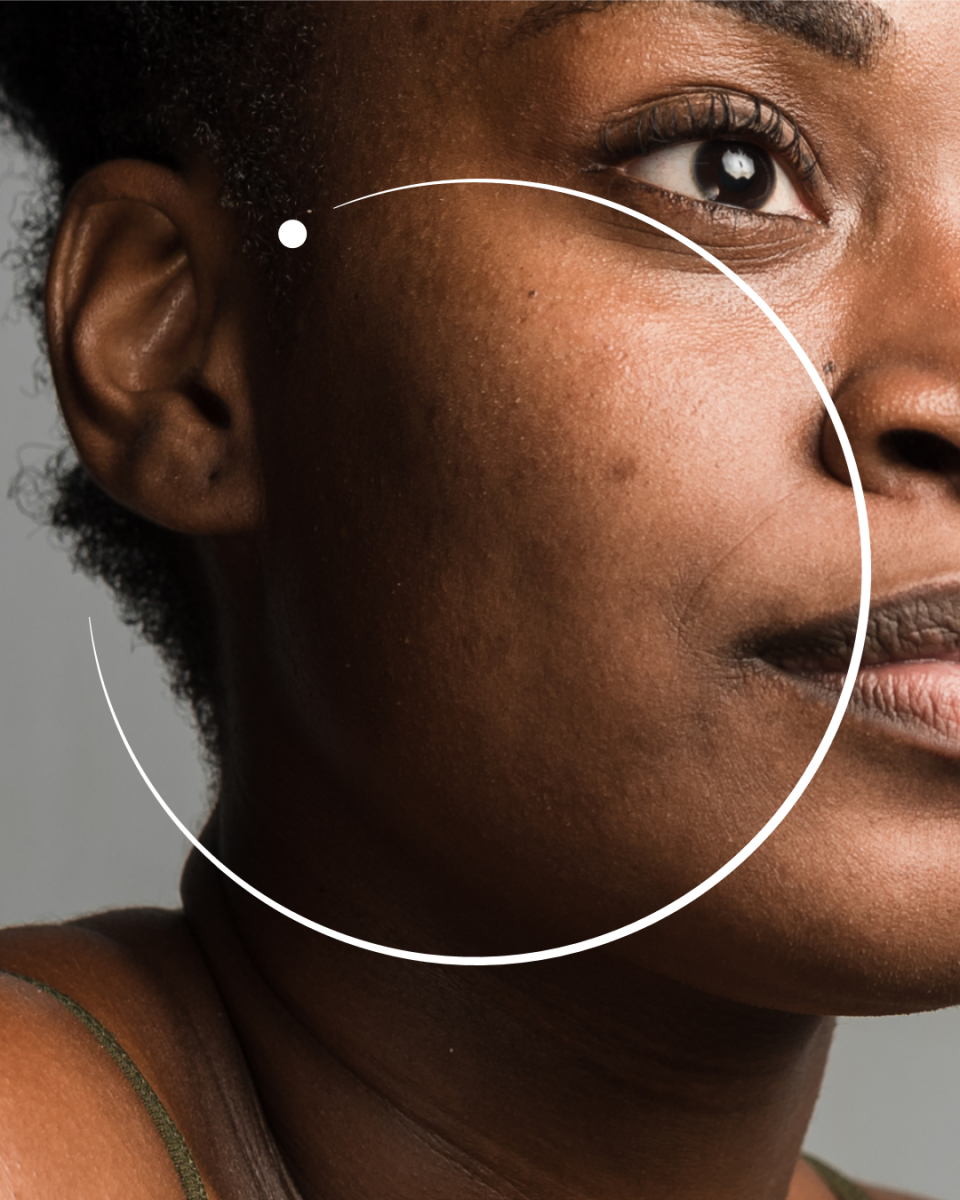EXCLUSIVE: L’Oréal and Verily Go Deep With Research Study on Skin and Hair

A new multiyear research project by L’Oréal and Verily, the Alphabet company formerly known as Google Life Sciences, has launched with an ambitious mission to get to the bottom of skin and hair issues.
Myriad factors can impact health and complexion, and “My Skin & Hair Journey” may not be able to uncover all of them, but it can look deeper into the roles of environment, lifestyle and biology.
More from WWD
Researchers will follow a large group of 10,000 participants across a range of socioeconomic categories and ages, from 18 to 70 years old, for a span of at least two years. Additional sub-studies will focus more specifically on particular conditions or biological areas.
The subjects will be sourced mainly from online registrations, which go live Monday, as well as Verily’s outreach programs to ensure a representative and diverse group. The methodology will take the form of regular surveys and selfies analyzed by artificial intelligence — in this case, computer vision — for visual diagnostics of pores, wrinkles, fine lines and more.
Another L’Oréal partner plays a part as well: In 2021, the beauty conglomerate joined forces with BreezoMeter, an Israeli start-up focused on climate and air quality issues, to learn more about the effect pollution, pollen, UV, wildfires and other external variables can have on skin aging and health. BreezoMeter also powers air quality information in Apple’s Weather app, and here, it will offer objective contextual data on the participants’ environments.
According to Guive Balooch, L’Oréal’s global managing director of augmented beauty and open innovation, the project was designed with a holistic approach.
“BreezoMeter is really fantastic. They will get the information on the environment. For the visual, the computer vision will understand the face. And then there’s the declarative [survey portion],” he explained to WWD. “Then the subset, a few thousand, will focus on all the biological testing, the microbiome testing, the protein testing. We’ll go really deep.”
It’s a clinical approach often seen in health or medical studies, but now applied to beauty, and it was exactly the type of initiative L’Oréal had in mind when it announced its partnership with Verily last year.
The beauty company had been particularly impressed with Google’s health tech arm and its chops in precision medicine. “They created one of the largest digital and physical clinical studies that lasted over 10 years, called Baseline, that was all about cardiovascular health and diabetes,” he said, referring to Project Baseline, a connected research platform for health care, life sciences and technology. Verily worked with Dexcom to produce a small, user-friendly Continuous Glucose Monitoring system for diabetes, which just received FDA clearance in December.
The platform inspired L’Oréal, and now it’s looking to Verily “for the skin and hair version of what they’ve done in cardiovascular and in diabetes,” Balooch explained.
For Dr. Amy Abernethy, president, product development and chief medical officer at Verily, the partnership represents a fitting match. “Our partnership with L’Oréal combines the best of both of our expertises,” she told WWD. “L’Oréal is the world leader in beauty and Verily is an expert in advancing precision health. We share a passion for pioneering new research approaches that transform health and beauty.
“Through My Skin & Hair Journey, we’re leveraging our technology and clinical science capabilities to generate data beyond just a moment in a person’s life. This study will enable us to understand health across time and in diverse patient populations — ultimately delivering more personalized skin and hair offerings for consumers.”
Balooch it broke down even further: “Consumers are going to know what their biology is; they’ll be able to measure it like their proteins, DNA or their microbiome, and they’ll be able to understand which products are the right ones for them — not only from their biology, but also from their environment, how they eat and where they live, in terms of their pollution levels and lifestyle,” he said.
“None of that foundational data exists in beauty. There’s a lot in health, but in skin health, specifically, there hasn’t been any study like this ever done before” at this scale and magnitude. He called it a breakthrough study, and he expects that in the next five to 10 years, skin care will no longer be a guessing game or a mystery for consumers.

The pairing of health and beauty isn’t a new phenomenon. It is, however, one that may take on more significance these days, as the stresses of modern life ratchet up and climate concerns escalate.
That has cosmetics, hair and skin care companies looking beyond beauty as superficial and camouflaging flaws. Brands are increasingly diving into health, wellness and science, whether researching biologics to develop new products or exploring previously overlooked ingredients, such as mushrooms and exotic fruits, to examine the efficacies of their compounds.
If the new beauty is about working from the inside out, L’Oréal and Verily see that as only half the battle, adding “outside in” as they weigh the effect of external factors. The result, perhaps, is beauty that’s bidirectional, connected and even predictive.
Balooch hopes to zero in numerous biomarkers — the measurable characteristics of a condition or disease — and using this biological understanding of skin health to power predictive beauty over time. So the effort’s not just about meeting people’s current skin and hair needs. It’s also about what they’ll need tomorrow.
The participant registry is open at the Project Baseline website for participants in the U.S. only for now, with a global rollout planned at some point in the future.
The Path for Product
Insights from My Skin & Hair Journey will likely show up in a future L’Oréal product, service or software. It’s too early to know what that might be, but it could follow suit from this short list of innovations from the company’s tech incubator. These technologies have officially launched into the market or will soon:
SkinCeuticals Custom D.O.S.E.
Lancôme Le Teint Particulier
Yves Saint Laurent Beauty Rouge Sur Mesure
Absolue Dual-LED Youth Treatment by Lancôme
Water Saver by L’Oreal Professionnel and Gjosa
My Skin Track UV
Scent-Sation by Yves Saint Laurent Beauté
E-Shade Finder by L’Oreal Paris and Lancôme
SteamPod by L’Oreal Professionnel
Hapta, Colorsonic and Shu Uemura’s 3D Shu:brow (formerly Brow Magic) will launch in 2024.
Best of WWD

